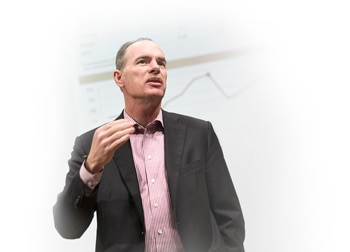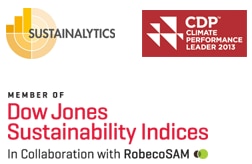Performance review: Stakeholders and society (Responsible sourcing)
As part of its sustainability approach, Electrolux communicates objectives, progress on priorities of each stated aspect of its strategic pillars, along with the next step for 2014 and onwards.
| Focus area | Objectives / Challenges | 2013 Performance | Next step |
|---|---|---|---|
| Engage suppliers in the Group’s sustainability strategy |
|
|
|
| Integrate suppliers’ energy use into Electrolux reporting. |
|
|
|
| Continue to develop the Responsible Sourcing Program globally. |
|
|
|
| Integrate Responsible Sourcing in global and local purchasing procedures. |
|
|
|
CEO Statement

In 2013 we continued to deliver above our growth target and delivered 4.5% in organic sales growth.
CEO Statement

I'm convinced that raising product efficiency for the growing middle class is where long-term shareholder value creation lies.
Our products

Electrolux is the only appliance manufacturer in the industry to offer complete solutions for both consumers and professionals. The focus is on innovative and energy-efficient products in the premium segments.
Sustainability
Achieving the Group's vision of sustainability leadership is crucial to realizing the business strategy. The objective is to develop smarter, more accessible, resource-efficient solutions that meet people's needs and improve their lives. Read the comprehensive sustainability performance review.
Awards & recognition

Financial Reporting
Net sales for the Electrolux Group in 2013 amounted to SEK 109,151m, as against SEK 109,994m in the previous year. The organic sales growth was 4.5%, while currencies had an impact of -5.3%.
